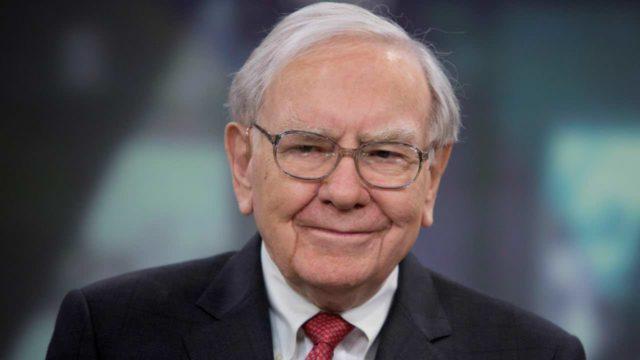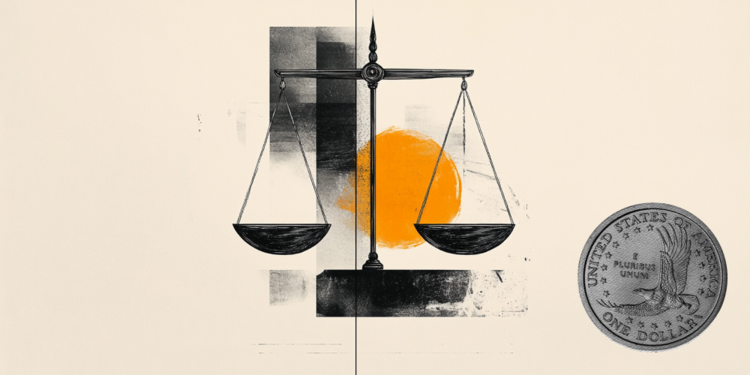Laura Andrade recalled that the launch of Bitcoin as a legal tender in 2021 was accompanied by a statement by President Nayib Bukele that the initiative would cover more than 70% of Salvadorans. The head of state invested hundreds of millions of taxpayer dollars in cryptocurrency, despite warnings from global institutions about the risks of volatility, the sociologist noted.
“Three years ago, our leader took a huge gamble by introducing Bitcoin into legal circulation. However, his grand ambitions regarding the cryptocurrency did not succeed. It was clear from the start that this was a clearly ill-considered measure that would be rejected by the overwhelming majority of the country’s population,” the IUDOP director said.
Independent economist Cesar Villalona believes that the president himself is to blame for the Bitcoin initiative’s stalling:
“Bukele told the people that there would be no salaries in bitcoins, no pensions in bitcoins, no savings in bitcoins, and no prices in bitcoins. In doing so, he deprived cryptocurrency of its most important functions as a means of payment.”
A quarter of El Salvador’s gross domestic product comes from cash remittances sent home to family and from abroad, mostly from the United States. And only one percent of those transfers are made in cryptocurrency, the expert added.
In August, Bukele admitted to Time that while the country has the ability to “go to McDonald’s, a supermarket, or a hotel and pay with bitcoin,” the coins “haven’t had the widespread adoption we hoped for.”
Source: Bits
I am an experienced journalist, writer, and editor with a passion for finance and business news. I have been working in the journalism field for over 6 years, covering a variety of topics from finance to technology. As an author at World Stock Market, I specialize in finance business-related topics.







